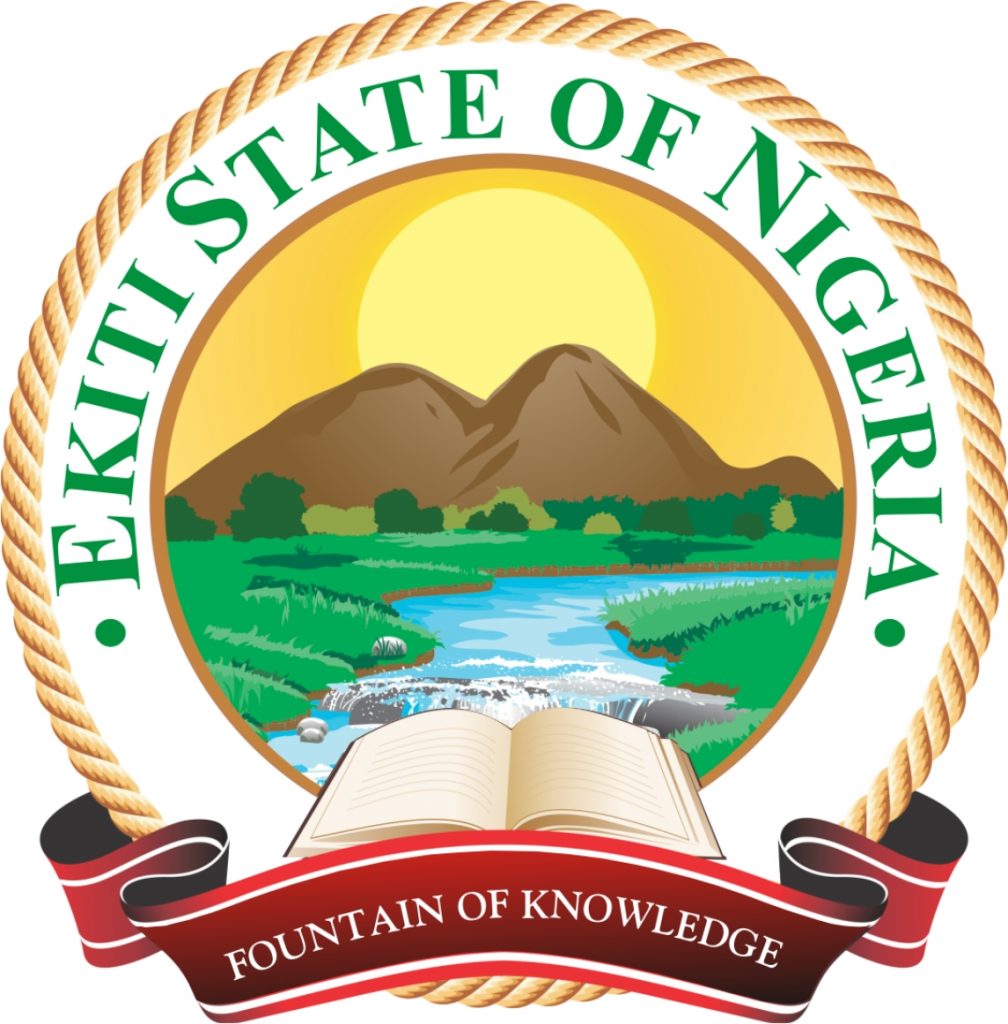by YMonitor
Analysis
Ayodele Fayose of Ekiti state while presenting the 2017 budget to the State Assembly said the government only recorded 89 per cent budget performance due to the unfavourable economic climate in the country, which according to him negatively affected the government. It is interesting to note that the governor does not even consider the 89 per cent performance as anything worthwhile, perhaps he is used to achieving 100 per cent budget performance before now.
But the question is, on what credence did the governor based his assertion, what are the parameters that the he considered before informing us that he has achieved 89 per cent budget performance for the year 2016?, or are we just being suspicious and cynical as usual.
It is not enough for the executive governor or a political office holder to play with figures, but they must also be able to substantiate their statements with fact for the avoidance of doubt so that the governed and the governors could be on the same pedestal. This is exactly where accountability and transparency comes in.
Before Fayose can make such allusion, the first thing he should consider doing is to give an account of his stewardship for the preceding year. He should account for the previous year’s budget by telling us and the people of Ekiti who voted him to office how the budget was executed, with unquestionable and impeachable facts and figures.
This is what it means to achieve 89 percent budget performance; it is as good as achieving 100 % performance because economic analysis is far different from mathematical analysis.
It just meant that the state is not in any way fund trapped or starved, it means that most if not all the projects in the state are at a state of completion and if not complete, they are ongoing and completing them does not rely on the next year’s budget, it would have meant that the reason for the non completion is because of the nature of the project.
It also means that the live of the people is better for it in terms of human condition, the economy of the state is stable enough to stimulate growth and relative development. Since every year’s budget is an instrument to control and steer the economy towards stability, hence the state has been able to create more jobs, reduce the prevalent poverty rate, provide her people with opportunities for economic engagement and attract further investment into the state. We doubt if the Ekiti state government has been able to do this.
We find it hard to believe that Ekiti state that could not pay her workers salaries at a time and that was complaining of not having enough revenue to spare could achieve a whopping 89 per cent budget performance! a figure that even Lagos cannot boast of. Without figures and visible projects to substantiate this allusion, it is nothing but a fallacy and a dreamland wish.
The governor himself stated that there are projects still ongoing, the question is why were those projects not completed before the end of this year and hope they have not been included in the next budget? Yet we are only talking about the ones that work has started on, but because most states do not run an open government system, we might never know the project that were either suspended or were not started.
YMonitor questions the governor’s assertion of an 89 percent budget performance and urge him to substantiate it with facts and figures, in other words, account for the 2016 budget.
This does not only apply to governor Ayodele Fayose of Ekiti, but virtually all states in the country that are not sympathetic to transparent, open budget and government system, which makes it difficult to evaluate and assess government performance. Even after starving us of this, they make caricature of their people’s ignorance by coming to declare bogus percentage as budget performance.
YMonitor urge state governors to have a day at the end of the year to give account of the year’s budget, account for government spending with fact and figures and let the people themselves determine budget performance.
YMonitor urge State governor’s to set aside a day at the end of the year to give account of the year’s budget and other government spending with facts and figures and let the people themselves determine budget performance.
